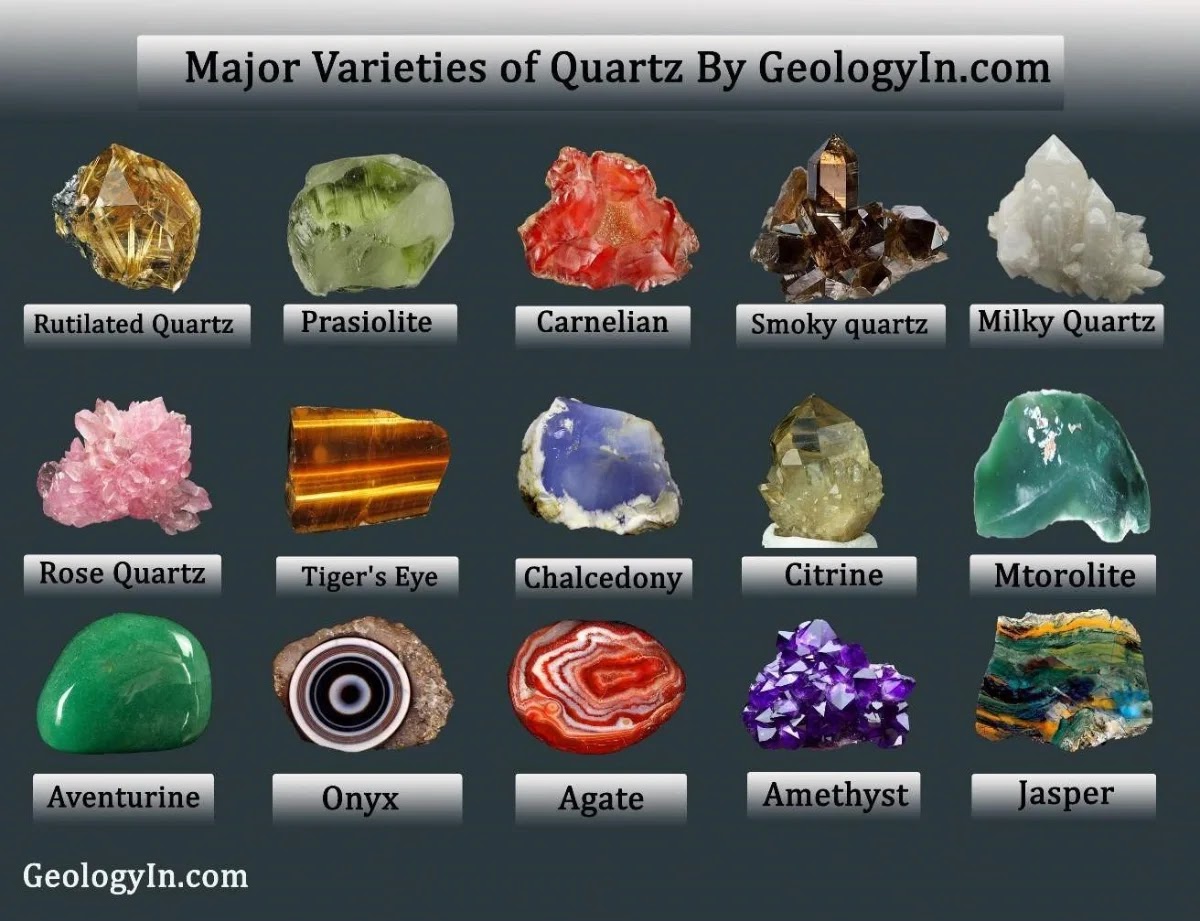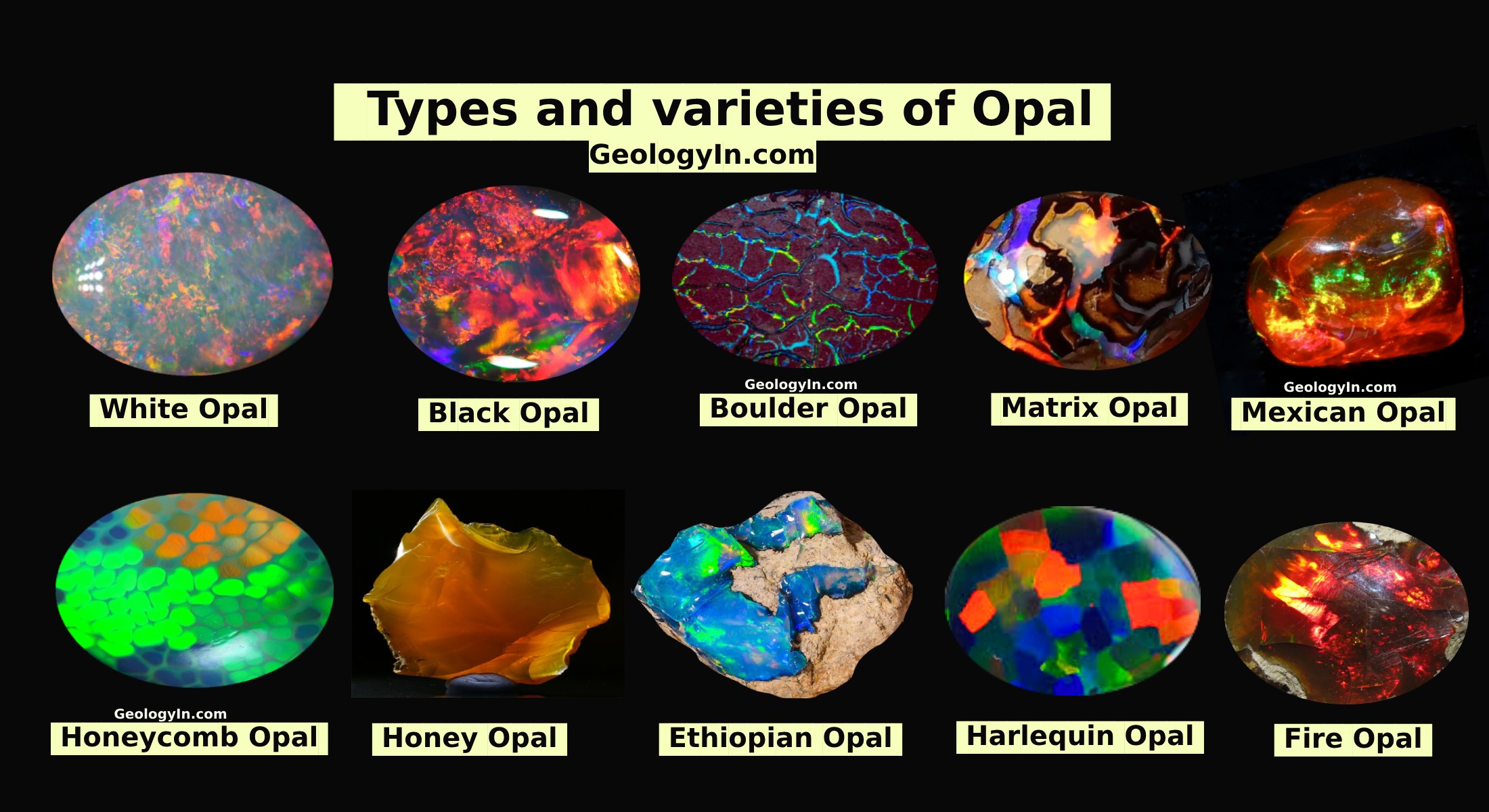Updated Information on Cuba Mineral and Petroleum Resources Released
 |
| cuba |
Cuba is among the top 10 producers of cobalt and nickel and has significant other mineral and petroleum resources, according to a new U.S. Geological Survey publication.
The report and accompanying map highlight the mineral resources available in Cuba, as well as detailing locations of petroleum exploration and development. The map also identifies mines, mineral processing facilities and petroleum facilities as well as information on location, operational status and ownership. It also addresses the current status of mineral industry projects, historical developments and trends of the Cuban economy with an emphasis on mineral industries and the supply of and demand for Cuba’s mineral resources.
“Cuba’s geology is complex, and the country has a variety of mineral commodity and energy resources,” said Steven Fortier, Director of the USGS National Minerals Information Center. “It is important that the public and industry have the latest information on the status of the mineral industry and the potential for natural resource development in Cuba.”
A few key points from the report are:
- In 2013, Cuba was estimated to be among the world’s top ten producers of cobalt and nickel, which are the country’s leading exports
- Cuba’s current crude oil and associated natural gas production from onshore and shallow water reservoirs is approximately 50,000 barrels per day of liquids and about 20,000 barrels per day oil equivalent of natural gas
- In 2013, the value of mining and quarrying activities accounted for 0.6 percent of Cuba’s gross domestic product, compared with 1.4 percent in 2000
- The value of production from Cuba’s industrial manufacturing sector increased by 88 percent between 1993 and 2013, whereas the sector’s share in the GDP decreased by 3 percent during the same period reflecting economic growth in other sectors of the economy
In 2004, the USGS released an assessment of the hydrocarbons of the North Cuba Basin and its three sub-basins. The total amount of undiscovered technically recoverable resources was estimated to be 9.8 trillion cubic feet of undiscovered natural gas, 4.6 billion barrels of crude oil, and 0.9 billion barrels of natural gas liquids. About 70 percent of this oil was estimated to be located no more than 50 to 80 kilometers (km) offshore along the length of the western and northern coasts of the island. To date, deepwater drilling has resulted in no commercially viable oil or gas discoveries.
Industrial minerals and manufactured industrial mineral products produced in Cuba include ammonia and ammonia byproducts, bentonite, cement, feldspar, high-purity zeolite minerals, gypsum, kaolin (a type of clay), lime, high-grade limestone, marble, sand, sulfuric acid, steel and urea. In 2013, an estimated 4,500 metric tons of zeolites was exported to Europe and other Latin American countries and in 2014 the majority of the country’s ammonium nitrate was intended for export.
In 2014, Cuba’s Ministry of Foreign Trade and Investment announced 246 development projects for which it sought foreign investment. The petroleum sector offered the greatest number of prospective investment opportunities followed by the manufacturing and mining sectors. In the energy sector, the country is offering joint ventures in petroleum extraction from onshore and offshore blocks and foreign investment opportunities are being offered in biomass and solar energy production and hydroelectric power.
USGS
USGS

%20(1).webp)






